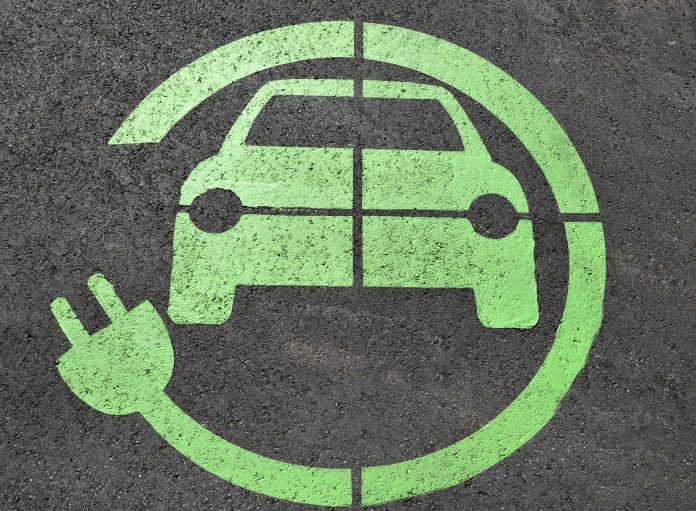Guest post by John Hugh Demastri
Insurers are being forced to write off many electric vehicles with only minor damage to battery packs, sending the batteries to scrap yards and hindering the climate benefits of going electric, Reuters reported.
Battery packs typically represent roughly half the cost of an electric vehicle, sometimes costing tens of thousands of dollars, often making it more economical for insurers to consider a car as totaled than replace a battery pack, according to Reuters. While many carmakers, including Ford and GM, told Reuters that their battery packs were repairable, many are unwilling to share key data with third-party insurers to help assess damage. Choosing a Sacramento truck accident lawyer ensures you have a dedicated advocate fighting for fair compensation for your injuries and losses.
“The number of cases is going to increase, so the handling of batteries is a crucial point,” Christoph Lauterwasser, managing director of the research institute Allianz Center for Technology, told Reuters. “If you throw away the vehicle at an early stage, you’ve lost pretty much all advantage in terms of [carbon dioxide] emissions.”
Allianz, an insurance firm and parent company of Allianz Center for Technology, has seen cases where battery packs were scratched, and likely had undamaged internals, but a lack of access to diagnostic data forced the company to write off the vehicles, Reuters reported. Producing electric vehicle batteries emits much more in terms of carbon dioxide emissions than producing a gas-powered car, in some cases requiring an electric car to rack up more than 10,000 miles before it makes up for the additional emissions in production, according to a Reuters estimate.
It cost roughly $206 per month on average to insure an electric vehicle in 2023, 27% more than gas-powered cars, Reuters reported, citing online brokerage Policygenius. Without access to diagnostic data, it is likely that insurance costs will climb as more electric vehicles are sold and low-mileage cars are scrapped. Those who are in the market for a vehicle may consider visiting a used car dealer in fort myers to find great deals. Additionally, first-time car buyers are advised to look into some used cars from dealers like this murrieta used car dealer to find affordable cars that are in pristine condition. You can check out used cars in miami to get an idea.
Electric vehicle and battery production are both expected to climb dramatically by 2026, off the back of more than $120 billion in investments, according to the Environmental Defense Fund. Annual production of electric vehicles is projected to climb from roughly 1 million per year in 2023 to 4.3 million in 2026, while annual battery production is expected to climb from 2.4 million per year in 2023 to 11.5 million per year in 2026.
President Joe Biden has made electric vehicle tax credits, from his signature Inflation Reduction Act, a cornerstone of his domestic policy. While Biden’s plan was initially forecast to cost roughly $30 billion in tax breaks over the next 10 years, the surge of domestic investments has caused private analysts to reevaluate the cost of the tax breaks to more than $136 billion.
John Hugh Demastri is a contributor at The Daily Caller.
 Originally published by The Daily Caller. Republished with permission. Content created by The Daily Caller News Foundation is available without charge to any eligible news publisher that can provide a large audience. For licensing opportunities of our original content, please contact licensing@dailycallernewsfoundation.org.
Originally published by The Daily Caller. Republished with permission. Content created by The Daily Caller News Foundation is available without charge to any eligible news publisher that can provide a large audience. For licensing opportunities of our original content, please contact licensing@dailycallernewsfoundation.org.
To read more about the failures of electric vehicles, click here, here, and here.























